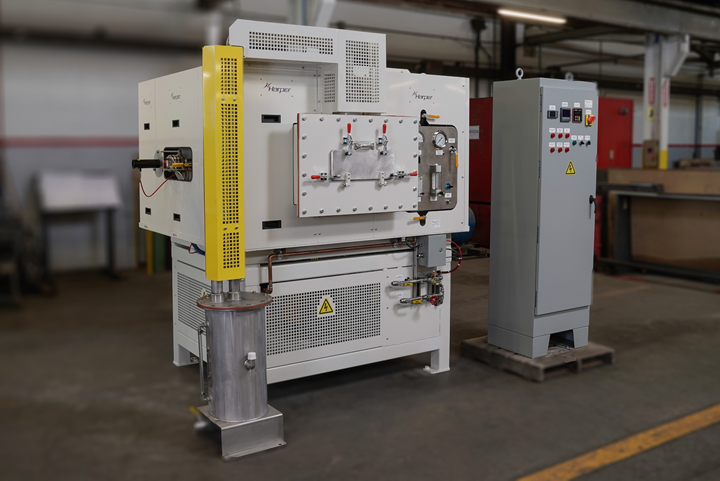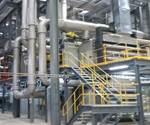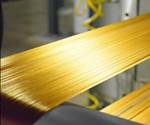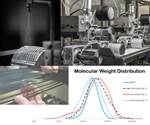Virtual testing validates Harper International precursor processing equipment
The oven and furnace system will be used in carbon fiber precursor research at the University of British Columbia.

Source | Harper International
Thermal processing solutions specialist Harper International (Buffalo, N.Y., U.S.) announced on June 8 that it has successfully completed virtual Factory Acceptance Testing (vFAT) of scientific line equipment to be used for processing carbon fiber precursors at the nano-scale level at the University of British Columbia (UBC, Vancouver, British Columbia, Canada). The virtual testing was completed by Harper International in response to restrictions on travel and business gatherings due to the pandemic. Using this format,
“This oven and furnace system allows for larger-scale research batch processing of carbon fiber precursor mats and tows,” says Dr. Renee Bagwell, senior technology engineer at Harper International. “Special attention has been used in the design to allow for fragile materials, such as lignin, to be safely processed and moved from the oxidation oven to the furnace. Additional features permit the researcher to simulate Industrial processing conditions relative to residence times for the material being investigated. This gives increased confidence that the "new material of the future" being researched can be successfully transitioned to Industrial scale.”
At UBC, this equipment is being procured as part of a Canadian Foundation for Innovation (CFI) and British Columbia Knowledge Development Fund (BCKDF) project, BiMat: Synthetic biology enabled materials science for high performance bio composites. This CAD $11.2 million project brings together a collaborative team of ten cross-faculty principle investigators in a range of fields.
“The BiMat research program will integrate fundamental and applied research in genomics synthetic biology, industrial biotechnology and materials science,” says James Olson, dean of the faculty of Applied Science at UBC. “This will result in UBC pioneering the creation of an entirely new field: synthetic biology-enabled materials science. The research program aims to increase jobs in the bio-products sector and diversify Canada’s portfolio of clean energy options. UBC students will gain industry relevant experience to foster this emerging sectors growth.”
Related Content
-
McLaren celebrates 10 years of the McLaren P1 hybrid hypercar
Lightweight carbon fiber construction, Formula 1-inspired aerodynamics and high-performance hybrid powertrain technologies hallmark this hybrid vehicle, serve as a springboard for new race cars.
-
TU Munich develops cuboidal conformable tanks using carbon fiber composites for increased hydrogen storage
Flat tank enabling standard platform for BEV and FCEV uses thermoplastic and thermoset composites, overwrapped skeleton design in pursuit of 25% more H2 storage.
-
Plant tour: Albany Engineered Composites, Rochester, N.H., U.S.
Efficient, high-quality, well-controlled composites manufacturing at volume is the mantra for this 3D weaving specialist.

.jpg;width=70;height=70;mode=crop)







.jpg;maxWidth=300;quality=90)



